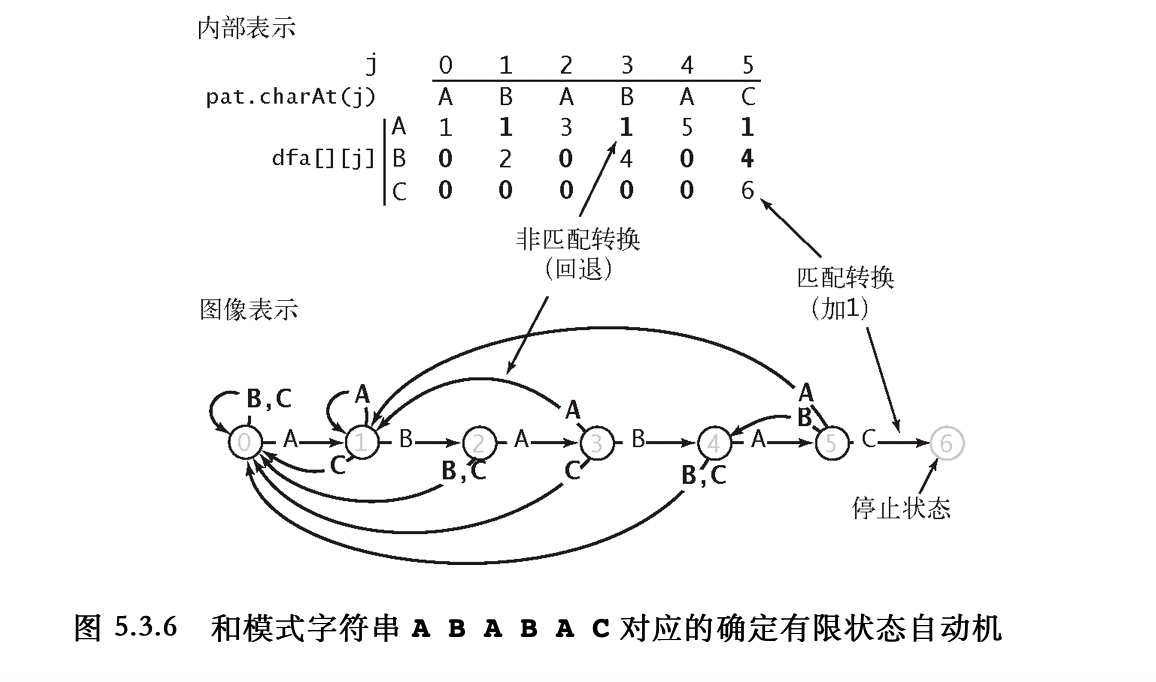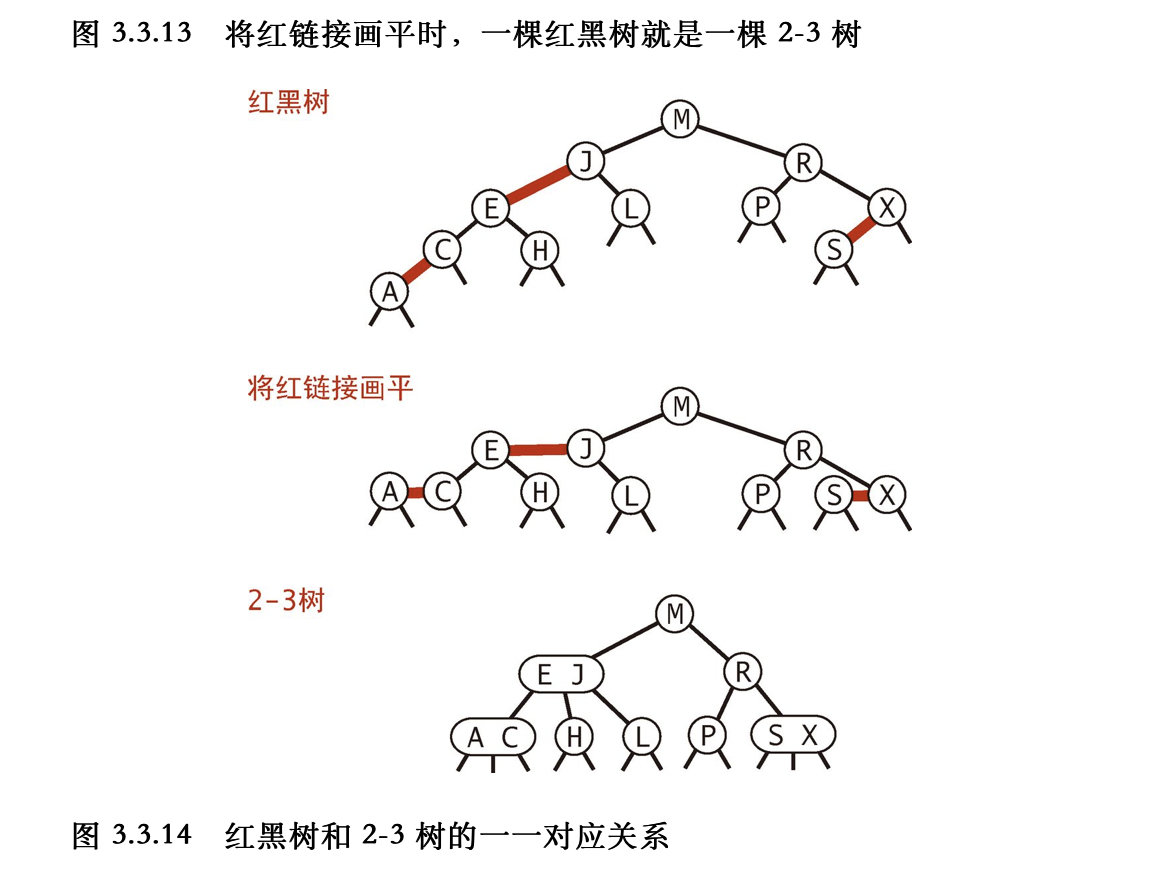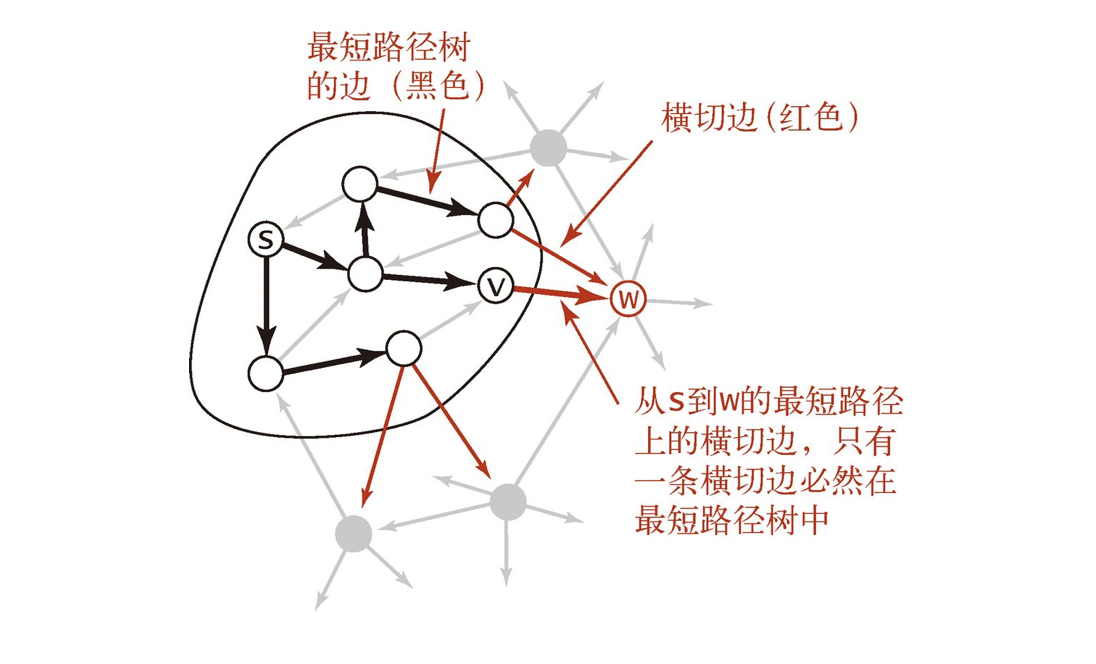1
2
3
4
5
6
7
8
9
10
11
12
13
14
15
16
17
18
19
20
21
22
23
24
25
26
27
28
29
30
31
32
33
34
35
36
37
38
39
40
41
42
43
44
45
46
47
48
49
50
51
52
53
54
55
| const int maxn = 100000 + 10;
int S[maxn], st[maxn];
char str[maxn];
int n, L;
void init() {
Set(S, 0);
Set(st, 0);
Set(str, 0);
}
void initCal() {
S[0] = 0;
_rep(i, 1, n) S[i] = S[i - 1] + str[i] - '0';
}
int minusSlope(int x1, int x2, int x3, int x4) {
return (S[x2] - S[x1 - 1]) * (x4 - x3 + 1) - (S[x4] -S[x3 - 1]) * (x2 - x1 + 1);
}
int main() {
freopen("input.txt", "r", stdin);
int kase;
scanf("%d", &kase);
while(kase--) {
init();
scanf("%d%d%s", &n, &L, str + 1);
// input finished
initCal();
int ansL = 1, ansR = n;
int l = 0, r = 0;
_rep(t, L, n) {
// st[l, r) is candidate start point
// t - L + 1 represent start point
// stack st, put value t - L + 1
while (r - l > 1 && minusSlope(st[r - 2], t - L, st[r - 1], t - L) >= 0) r--;
st[r++] = t - L + 1;
// find tangent point st[l]
// [st[l], t) is the max
while(r - l > 1 && minusSlope(st[l], t, st[l + 1], t) <= 0) l++;
int dslp = minusSlope(st[l], t, ansL, ansR);
if(dslp > 0 || (dslp == 0 && t - st[l] < ansR - ansL)) {
ansL = st[l];
ansR = t;
}
}
printf("%d %d\n", ansL, ansR);
}
}
|











